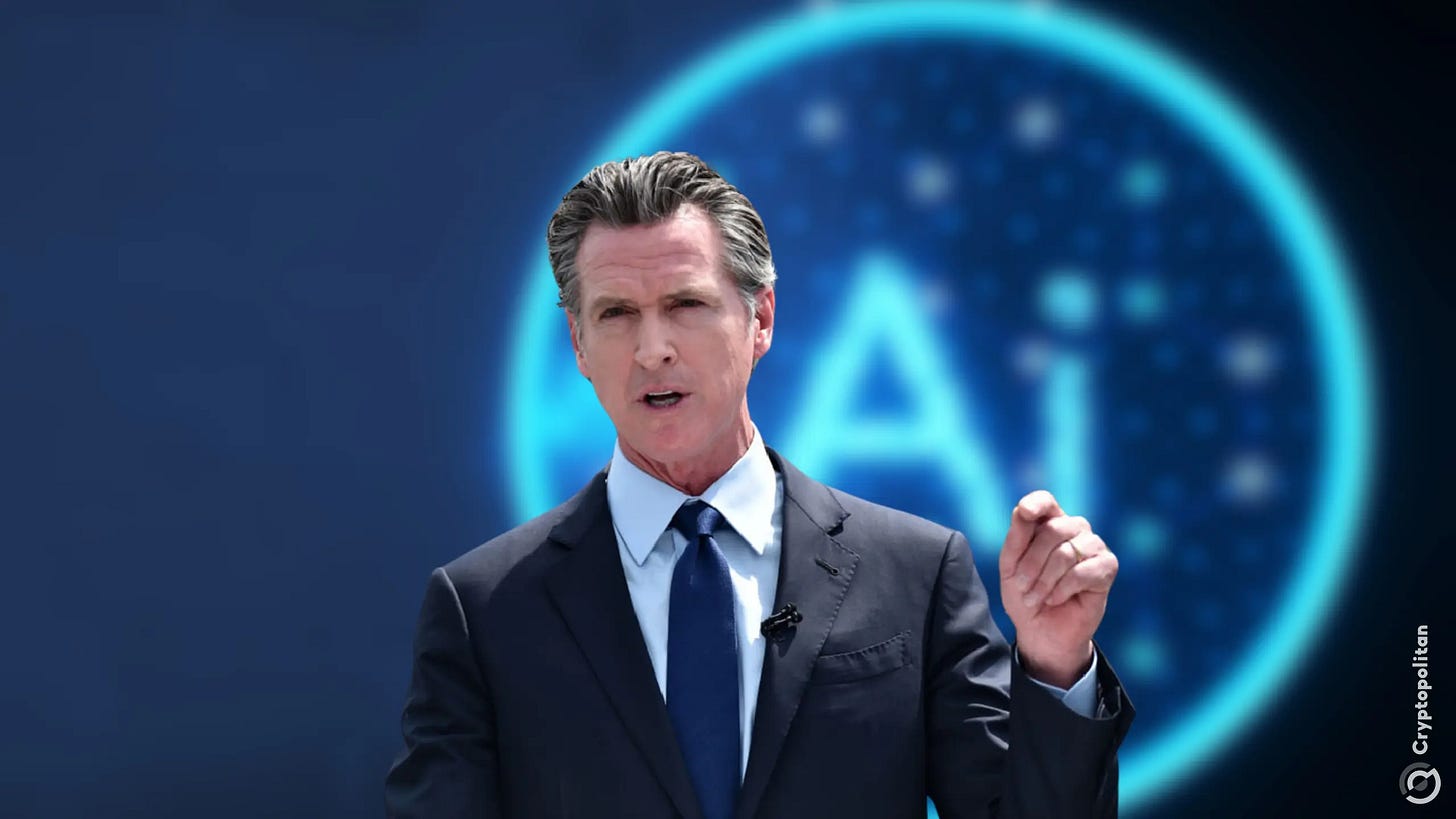👓Meta’s AI Glasses Spark Privacy Concerns
Hi there.
After the Connect 24 event, Meta's AI glasses are in the news again due to real-time identity tracking privacy concerns. Additionally, a California Senator turned down an AI safety bill after facing backlash from several AI companies. OpenAI has also launched new updates, such as the real-time API at DevDay 2024.
Also, check out my blog on how writing a letter to your future self can supercharge your growth. Let's dive in!
Spotlight Studios: If you’re struggling to launch your podcast, my team will help you create stunning episodes and short-form content for social media.
I’ve been building my content creation team for a couple of years, and we’re ready to help new creators and businesses produce powerful content. If you’re interested, just reply to this email and I’ll schedule a call with you.
🖥️ Tech Bytes
Meta Smart Glasses Can Expose Your Identity in Real-Time
Two Harvard students, AnhPhu Nguyen and Caine Ardayfio, have created a tool called "I-XRAY" using Meta’s smart glasses, allowing users to instantly identify strangers and access sensitive personal information like home addresses and phone numbers. The tool works by feeding facial data into platforms like Pimeyes, which scrapes the web for matches, then uses large language models (LLMs) to infer details about the person. The students demonstrated this in a viral Instagram video, sparking concerns about privacy and the future of anonymity in public spaces. While they argue that their project raises awareness about the ease with which bad actors can exploit these tools, critics worry about the potential for abuse. The creators encourage the public to protect their data by removing information from reverse facial search engines and freezing credit. As this technology advances, there are growing concerns that personal privacy in public spaces may soon disappear altogether.
California Governor Vetoes AI Safety Bill, Igniting Innovation vs. Regulation Debate
California Governor Gavin Newsom recently vetoed the Safe and Secure Innovation for Frontier AI Models Act (SB 1047), which aimed to regulate large-scale AI models. The bill targeted AI models that cost over $100 million to train or over $10 million to fine-tune, proposing safety measures like kill switches, testing protocols, and protections for whistleblowers. However, Newsom’s decision followed strong opposition from AI industry leaders like OpenAI, Amazon, Meta, and Google, who argued that the bill would stifle innovation. In his veto message, Governor Newsom acknowledged the importance of regulating AI but argued that SB 1047 was too broad and could hinder California’s leadership in the AI space. He also raised concerns that smaller, specialized models could pose similar risks to the larger systems targeted by the bill, making the legislation incomplete in addressing potential dangers. While Newsom’s veto effectively ends SB 1047, he agrees with the need for safety protocols and consequences for AI misuse. He emphasized that California should not rush into regulation without a more thorough understanding of AI systems and their future trajectories.
OpenAI Rolls Out New Tools to Enhance AI Efficiency for Developers at Devday 2024
At DevDay 2024, OpenAI unveiled a series of new API features aimed at enhancing the accessibility, efficiency, and affordability of its AI systems for developers. The Realtime API enables the creation of speech-to-speech applications using the same model that powers Advanced Voice, with six voice options to choose from. Model Distillation simplifies the fine-tuning process for smaller models using outputs from larger ones, making AI training more accessible. Prompt Caching reduces costs by nearly 50% and speeds up responses by 80% when reusing recent input tokens. Additionally, Vision Fine-Tuning allows models to be trained with both images and text, optimizing tasks like image recognition. While this year's event may have lacked the usual fanfare, these updates are set to significantly impact developers by enabling innovative solutions and lowering the barrier to entry on OpenAI's platform.
🌱 Personal Growth
Writing a Letter to Your Future Self
Imagine receiving an email from your past self, reminding you of the goals and dreams you had months ago. A future letter is like a personal time capsule that helps you reflect on your journey and celebrate how far you've come. Use my free tool to write and schedule your own future letter—it’ll be waiting in your inbox when you need it most.
🎁 Tools of the Week
OpenMusic: Create high-quality music tracks with text prompts.
PDF2Audio: An open-source AI tool to create podcasts, lectures, discussions, and summaries.
Aiphone: AI tool that translates and transcribes live calls in over 80 languages.
These were my top insights from this week. Stay tuned for more content on tech, AI, no-code, and entrepreneurship. If you liked this edition, do let me know on X/Twitter. I also share video content on my Instagram page.







